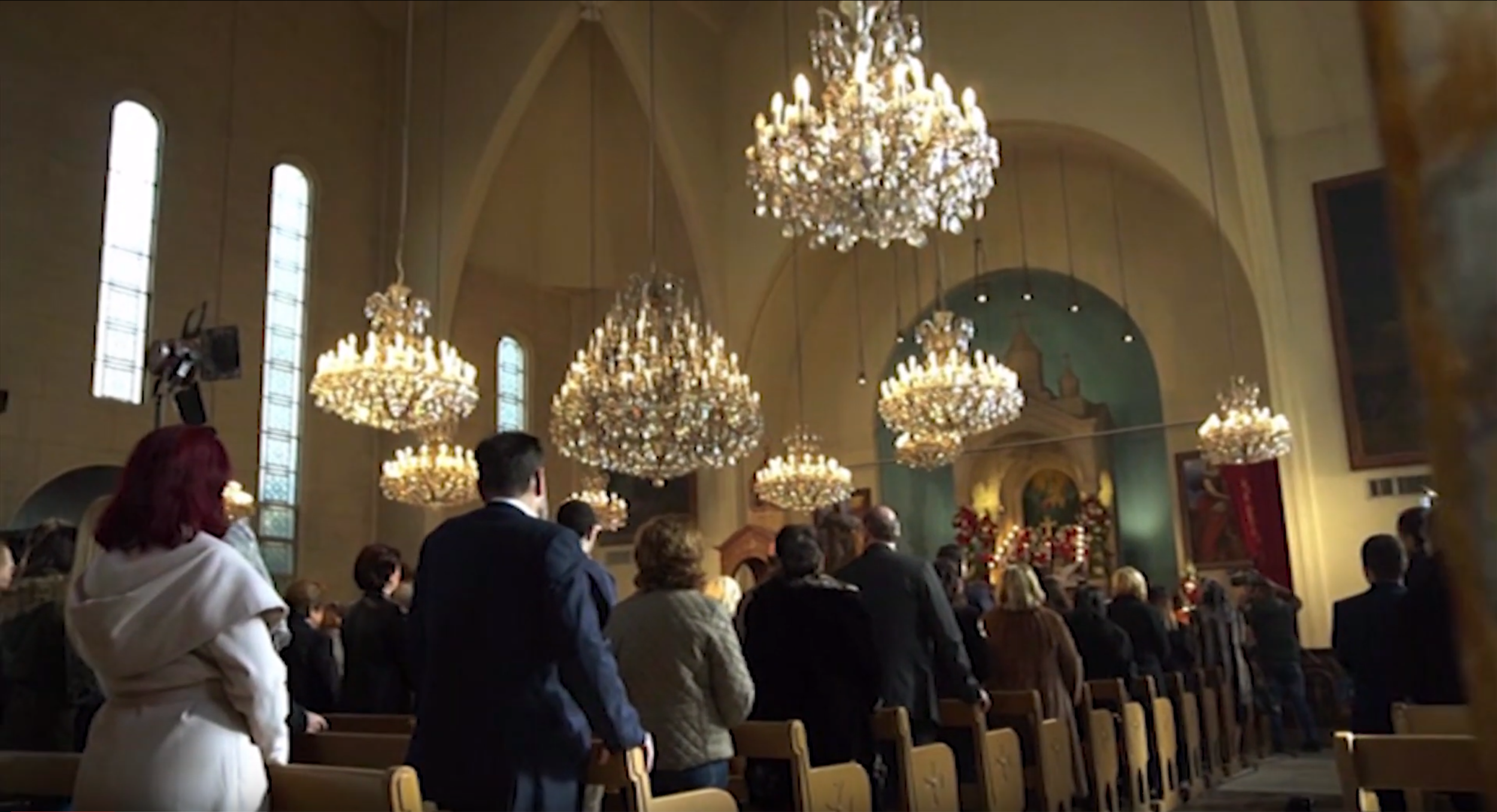
The Middle East Council of Churches is a regional ecumenical organization, which brings together churches in the East for a common Christian witness in a region where Christ was born, lived, died and resurrected.
UNDER THE SPOTLIGHT
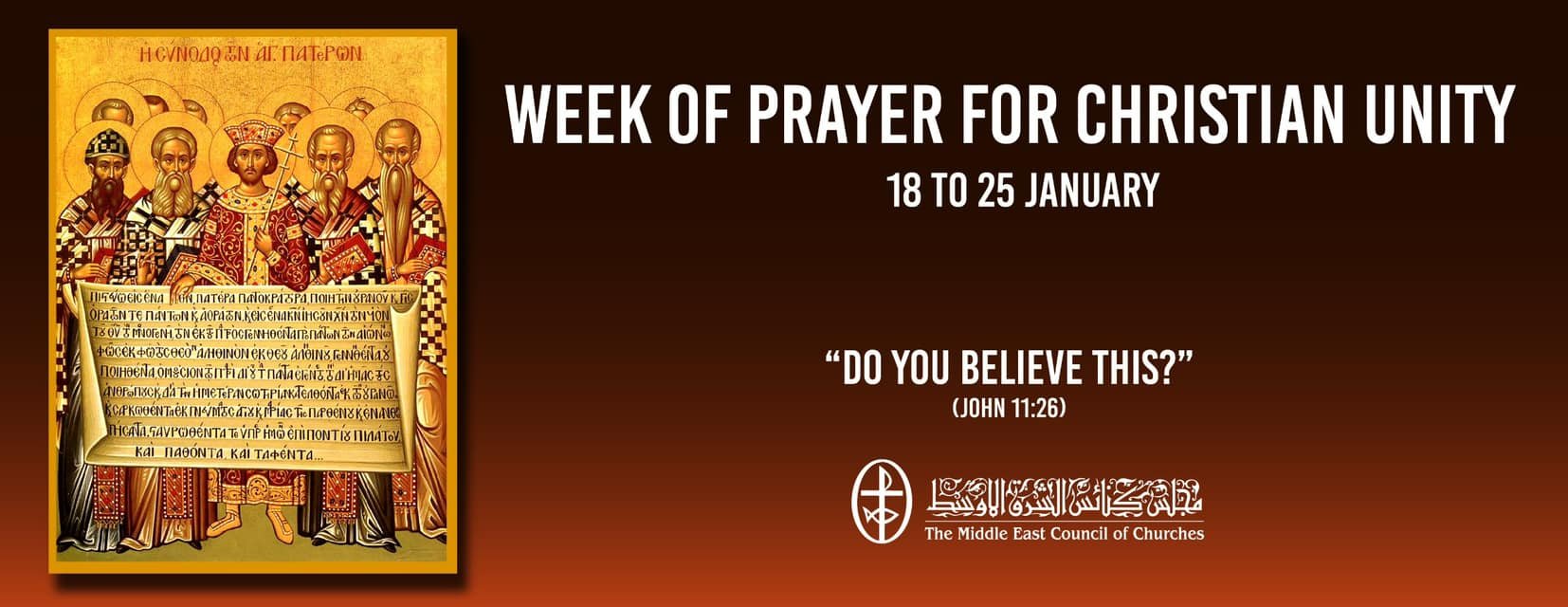

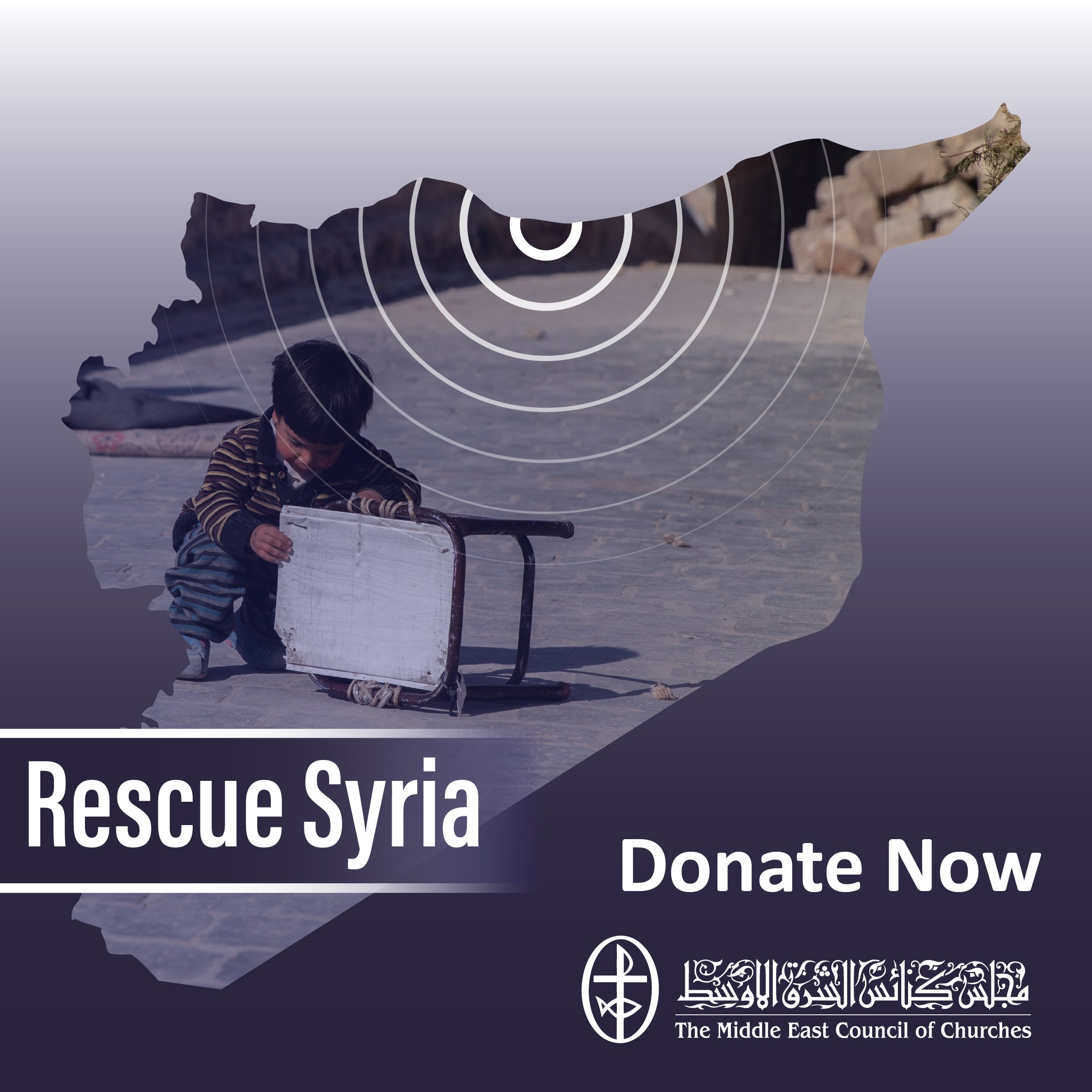
Refugees Are Still Searching for their Dignity Despite Some International Efforts
The Middle East Council of Churches Carries their Cause Since Its Founding. So What Are Its Programs?
Exclusive: Media of the Middle East Council of Churches (MECC)
They know neither place nor time, but heavenly justice remains their only hope amidst all of life's tragedies. Refugees constantly face enormous challenges that weigh heavily on them and place them before an unknown future. Daily pressures still surround them, hampering their normal activities. What is the solution? Is there a solution amidst societies immersed in injustice and oppression?
The alarm bell continues to ring as the number of refugees around the world rises. They flee wars, conflicts, and crises to preserve their freedom or save their lives, searching for a safe haven that will heal their wounds and sow in their hearts a glimmer of hope they long to seek.
The United Nations has designated in its calendar a World Refugee Day, which falls on June 20 of each year, as a day dedicated to honoring the courage, resilience, and ability of refugees to confront the bitterness of life and build a new life based on the rights they have been robbed of and the dignity they dream of.
Middle East Socioeconomic Overview
Report: May 2025
Trump’s visit to the Middle East marked a historic shift in the Middle East as the President spoke of new horizons for the region. The US President declared that there will be more cooperation in existing dimensions, especially when it comes to Saudi Arabia and the Gulf. Moreover, certain measures will be taken to ascertain regional leaders that economic relief will happen for countries like Syria and Lebanon. In short, he declared that it is time for a new shift and most observers and commentators are hoping for the best. The region really needs a new beginning.
Service with Dignity! What are the most prominent humanitarian programs of the Middle East Council of Churches (MECC)? What is its field relief role?
The answer is with Nina Hallak, the Director of the MECC Diakonia and Social Service Department, Lebanon’s Office, and the Nurse Roula Al-Sahwi, the Coordinator of the Home Care Program at MECC, in a special episode of "Don't Be Afraid" program on Télé Lumière and Noursat TV Channel, prepared and presented by Father Charbel El Khoury.
Future Intellectual and Cultural Cooperation Was Discussed
What Are the Details?
The Secretary General of the Middle East Council of Churches (MECC) Professor Michel Abs received the President of the Romaian Cultural Society Professor Najib Jahshan, at the head of a delegation that included Professor Elie Abdelhak, the Head of the Publishing and Documentation Committee, and Mr. Roland Khairallah, the Rapporteur of the Public Affairs Monitoring Committee, and Member of the Media and Heritage of Light Committee. The visit took place on Wednesday, June 18, 2025, at the MECC headquarters in Beirut.
Attendees were the Journalist Lea Adel Maamary, the Media Officer and the Coordinator of the Church and Media Relations at MECC, and the TV Director Johnny Antoun, the Social Media Officer at MECC.



BEIRUT BLAST
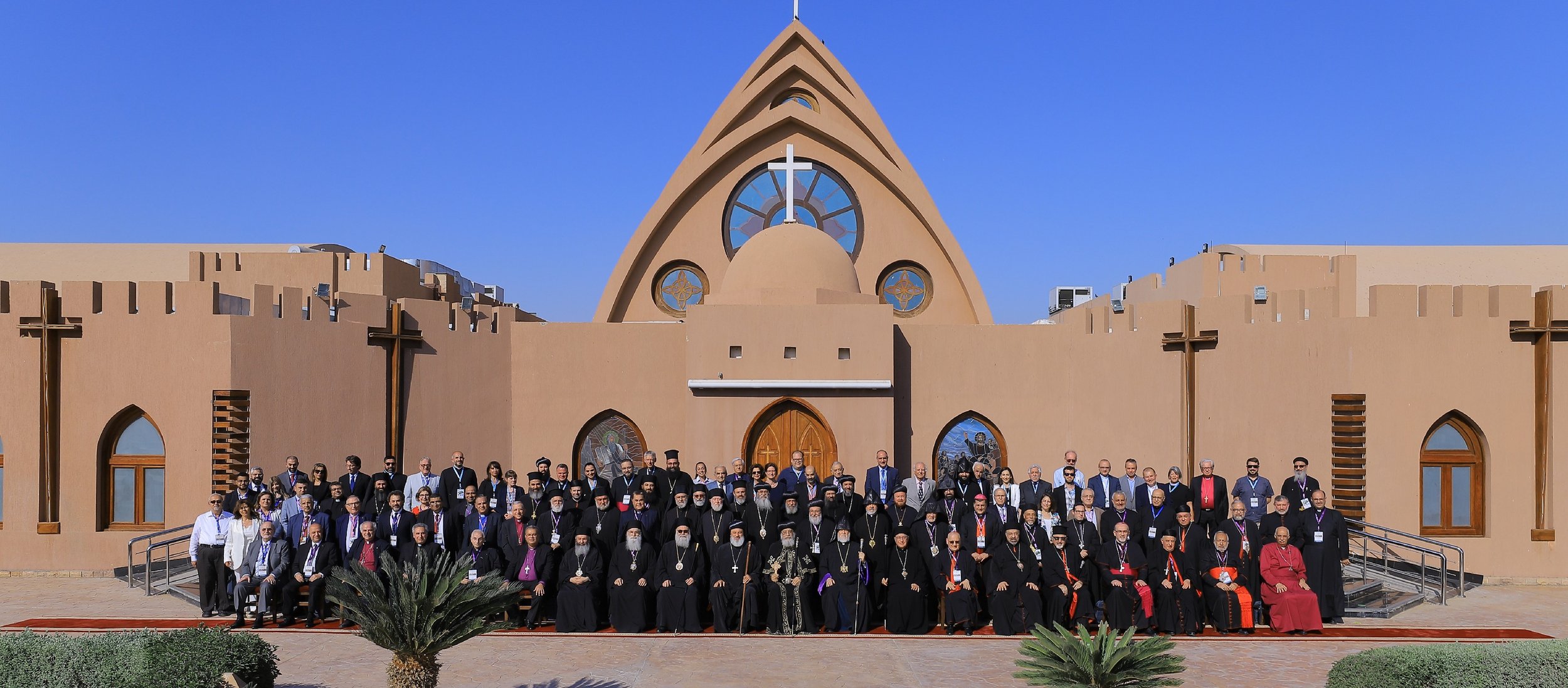

VIDEOS
The Middle East Council of Churches… 50 years of Continuous Witness
A Story of Success
Department of Diakonia and Ecumenical Relief










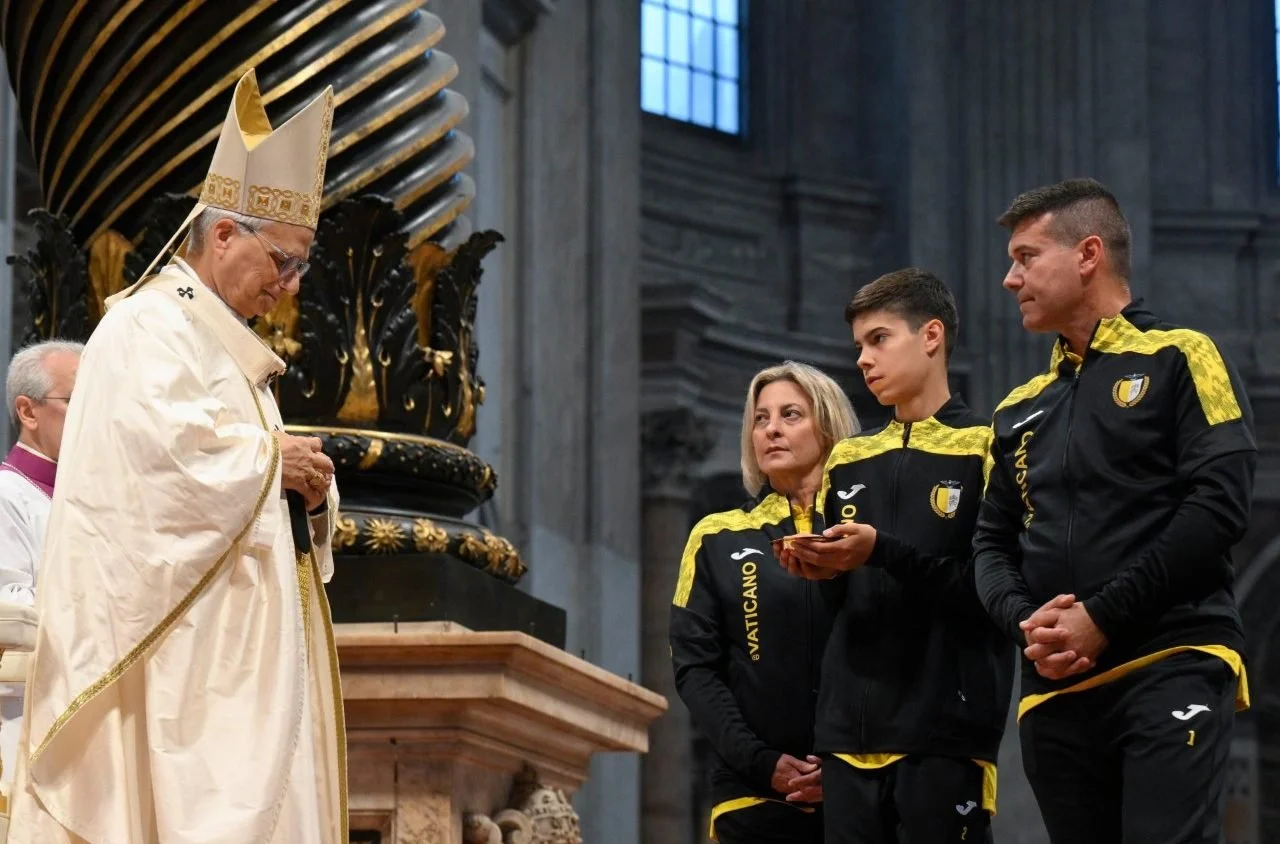
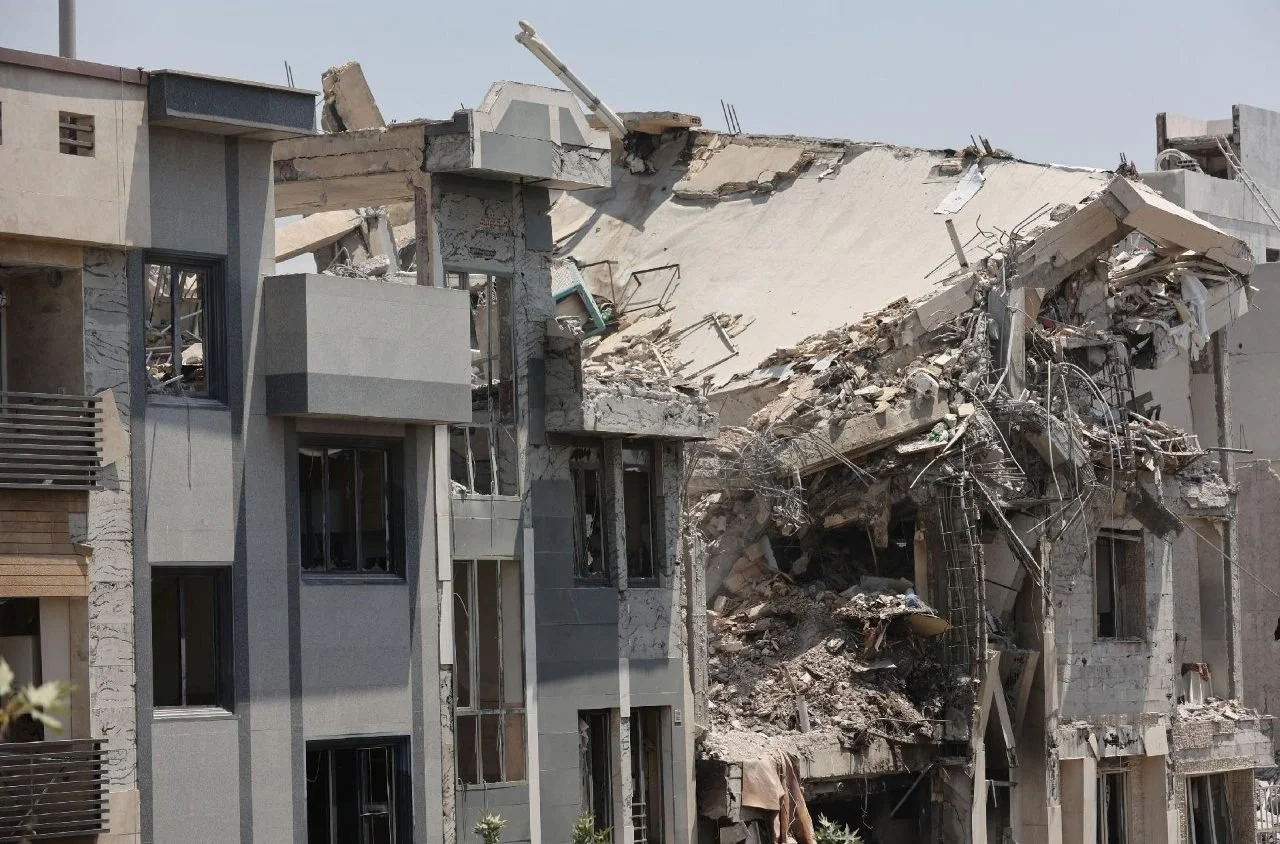





























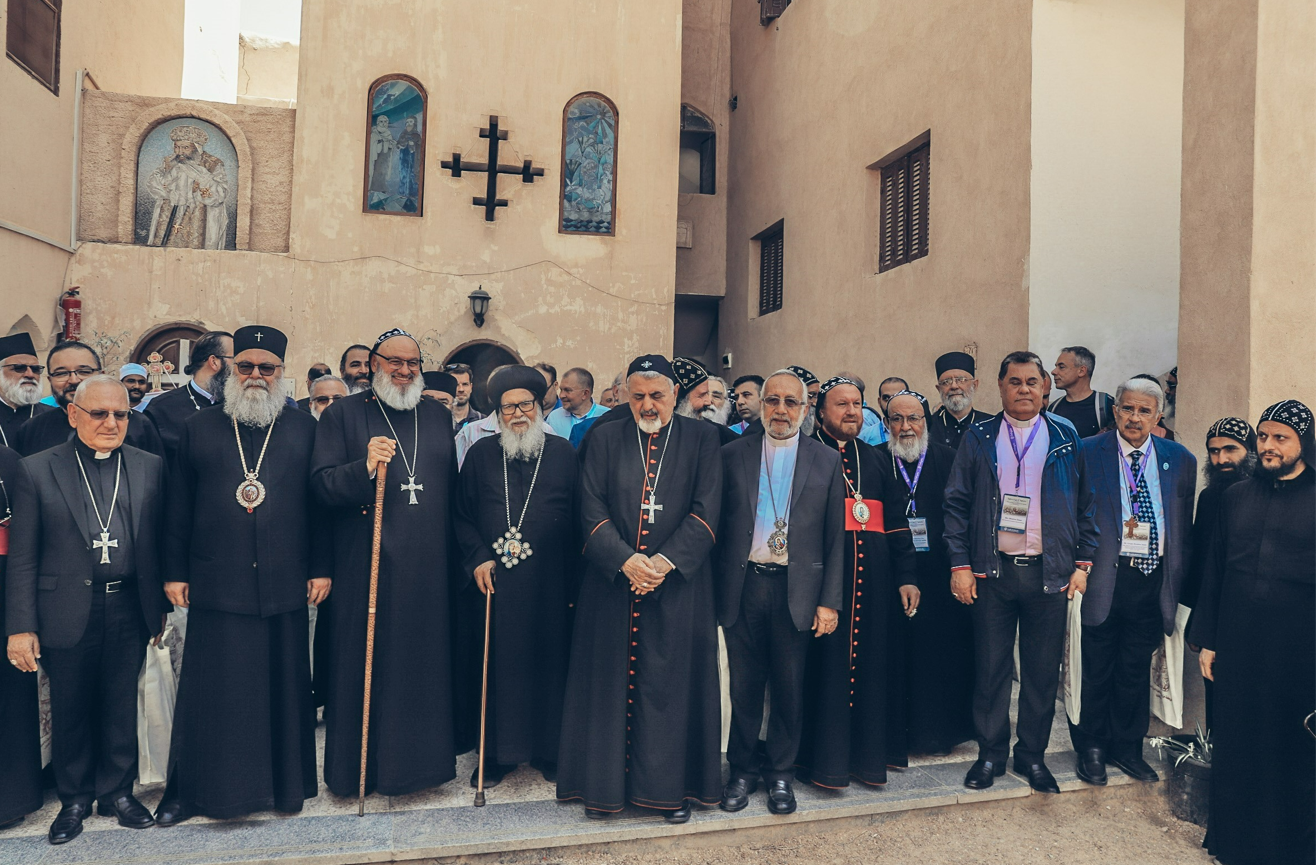














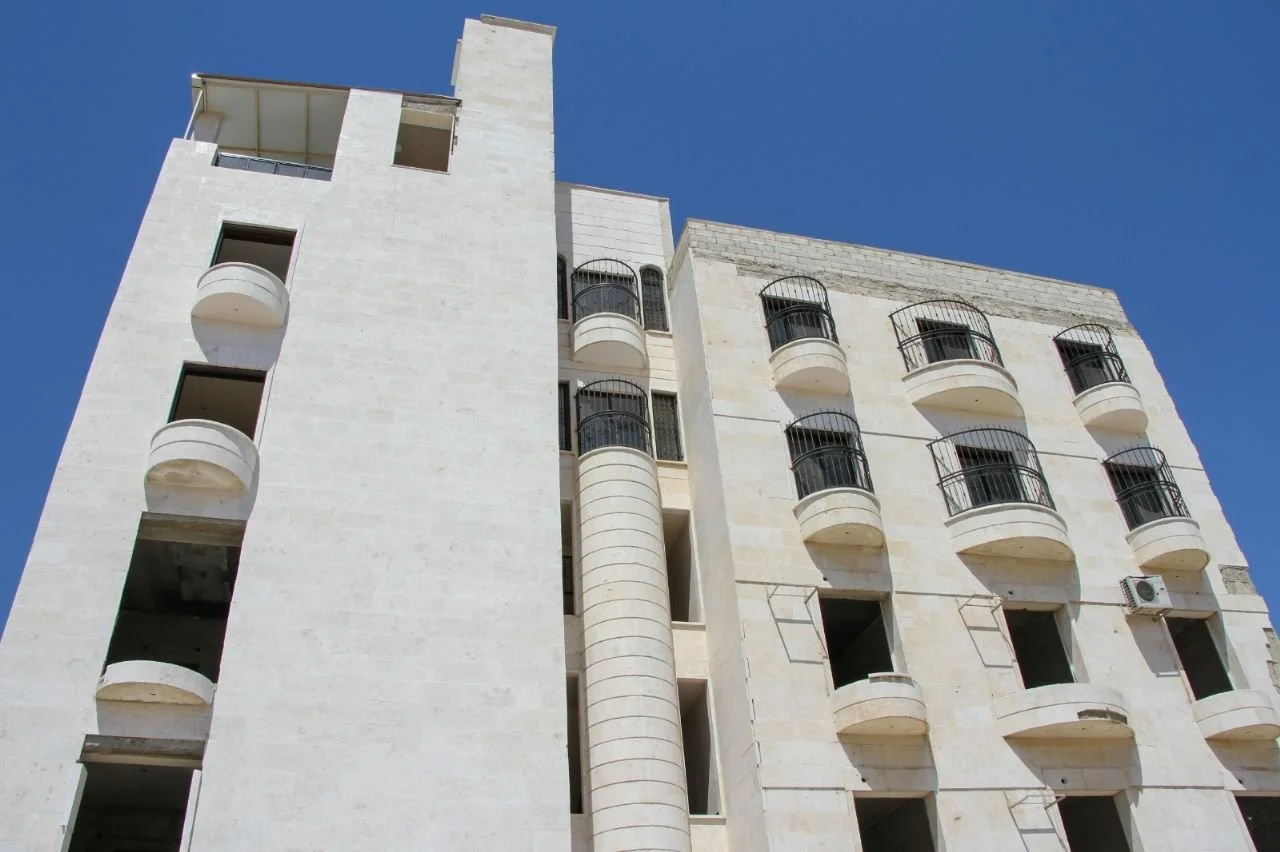







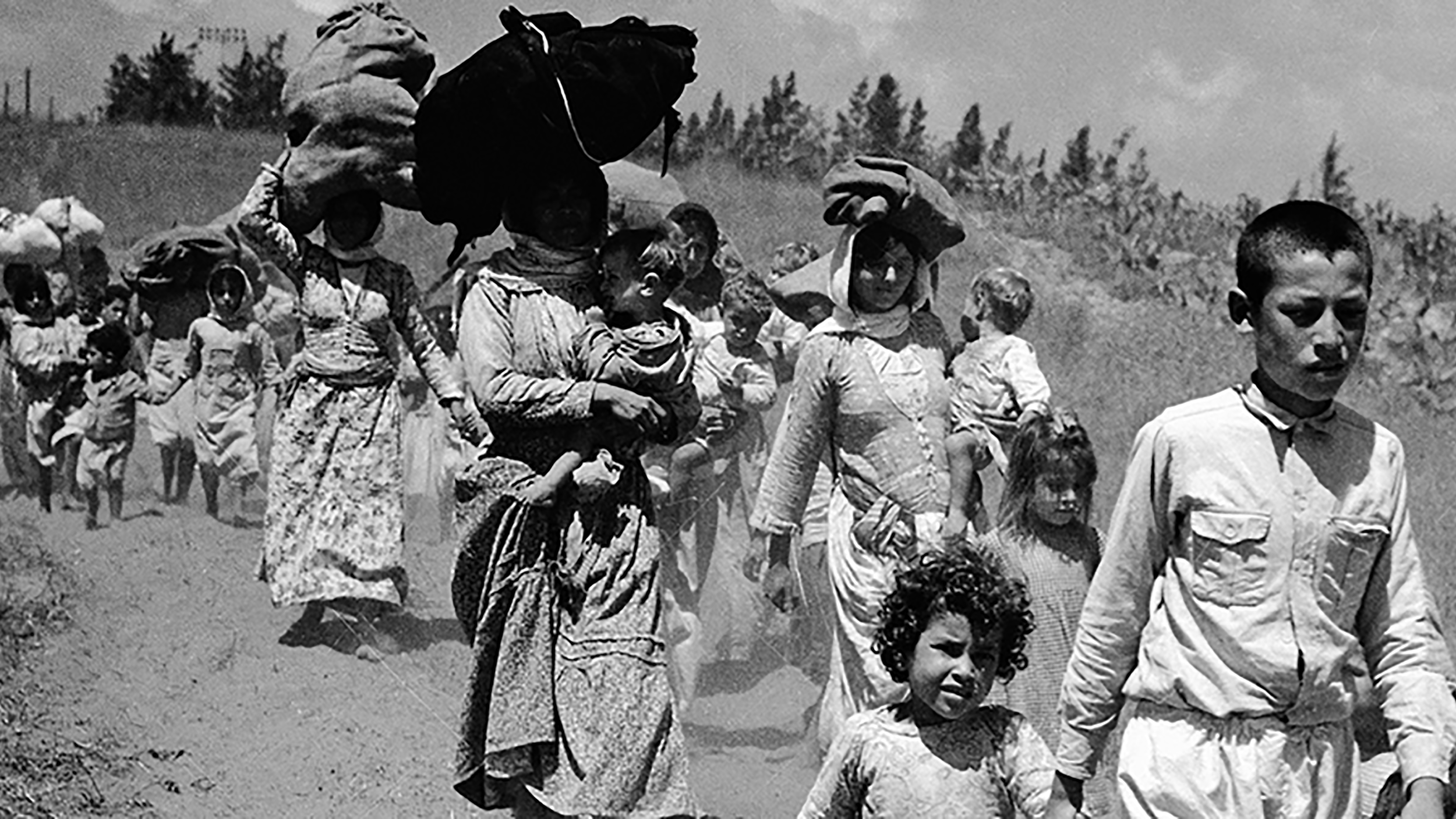





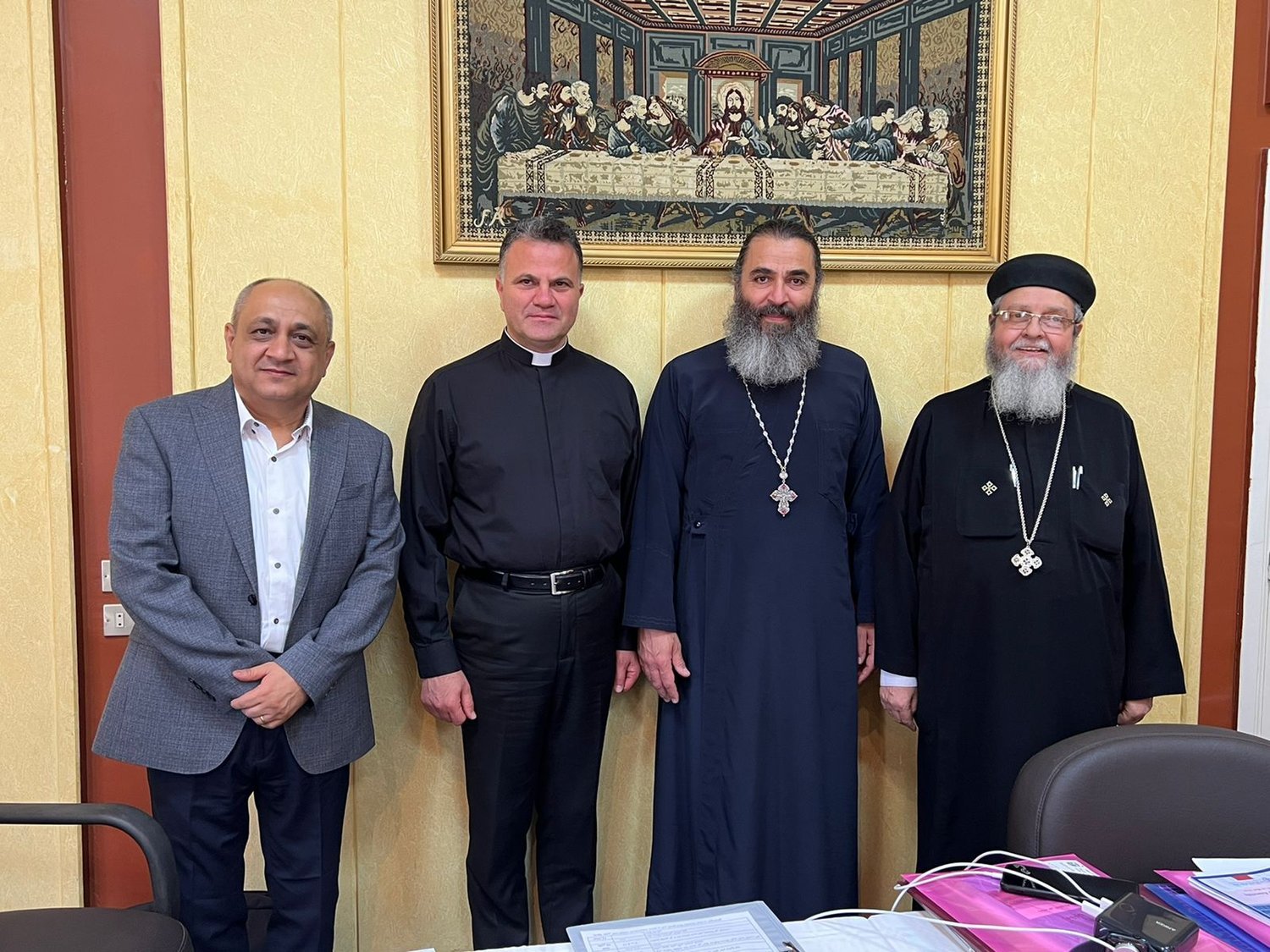
Professor Michel Abs
The Secretary General of the Middle East Council of Churches (MECC)
Once more, it is war, knocking on the doors of peaceful people, demolishing their homes and what they have built in terms of civilization.
These are machines of killing and destruction, operated by those blind to insight, commanded by the conscienceless, driven by people whose hearts are ruled by greed.
It is war, ladies and gentlemen, coming at you from nowhere, like the dragon of the Mediterranean landing on the shores of the Land of Canaan, sowing terror and annihilation, before being slain by Saint George, the bearer of victory.
The sleeping and secure people awake to the sound of its drums, not knowing who beats them, those who dictate to them the books of ruin, displacement, and misery, sending them into the unknown.
Nations in their daily life, families in their homes, children in their schools, workers in their workplaces, do not await war, nor do they know why it is forced upon them by authorities indifferent to their lives, concerns, and fate.
Most people do not know that behind these apparent states are hidden powers plotting in secret for their own extremely narrow interests, defined by their wealth and power.
In war, the famous saying rings true: “To kill a man in a forest is an unforgivable crime; to kill a whole nation is a matter for debate”…